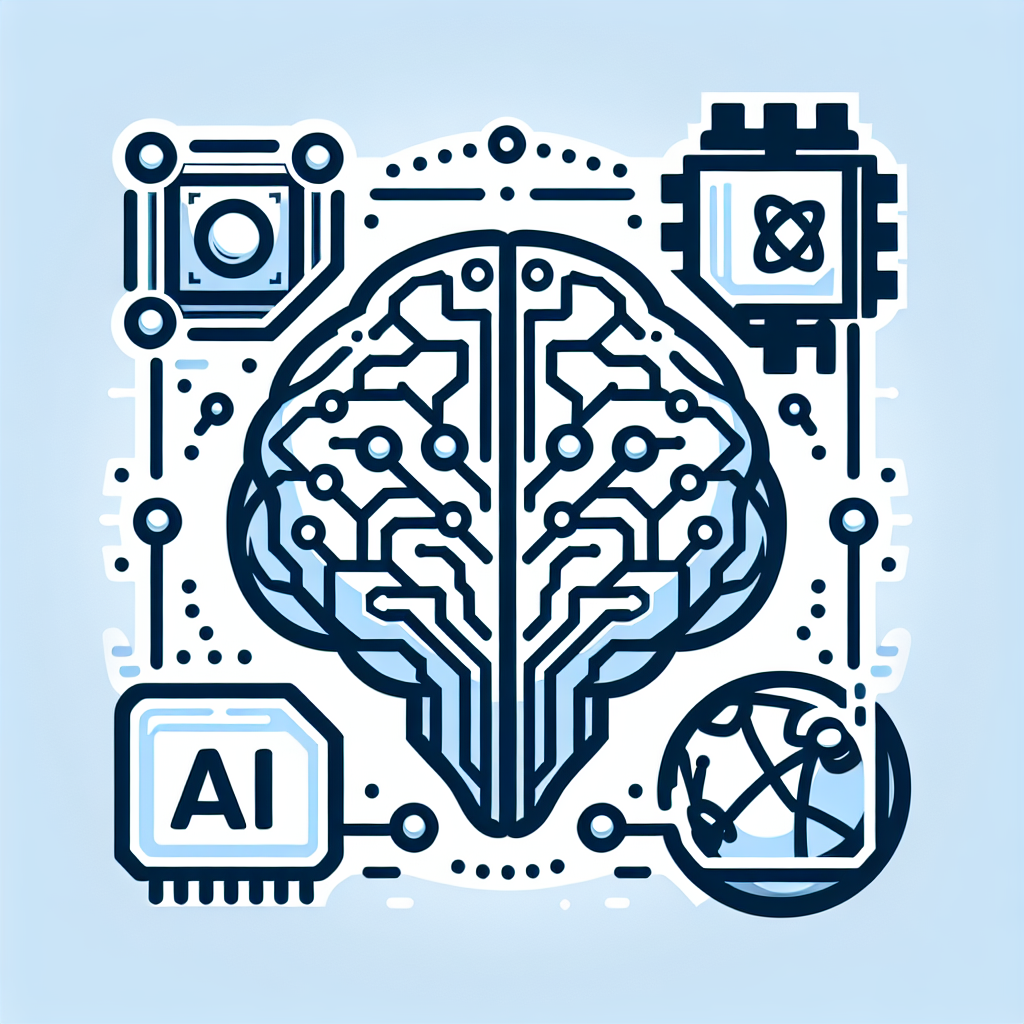Introduction
The gaming industry is growing rapidly, with an estimated 2.7 billion gamers worldwide. In order to cater to this diverse audience, game developers have to localize their games for different regions and languages. This process, known as game localization, involves translating the game’s text, audio, and visuals to make it accessible and appealing to players in different countries.
With the advancements in artificial intelligence (AI) technology, game localization has become more efficient and cost-effective. AI can help automate the translation process, improve the quality of translations, and even personalize the gaming experience for players in different regions. In this article, we will explore the role of AI in game localization and how it is revolutionizing the gaming industry.
The Role of AI in Game Localization
AI technology has revolutionized the way game localization is done. Traditionally, game localization involved hiring a team of translators to manually translate the game’s text, audio, and visuals. This process was time-consuming and costly, as each language required a separate team of translators.
With AI, game developers can now automate the translation process using machine translation tools. These tools use algorithms to analyze and translate text, audio, and visuals in real-time. This not only saves time and money but also improves the quality of translations by reducing human error.
AI-powered machine translation tools can also adapt to different languages and dialects, making it easier to localize games for a global audience. These tools can learn from previous translations and improve over time, ensuring that the localization process is efficient and accurate.
In addition to translation, AI can also help personalize the gaming experience for players in different regions. By analyzing player data and preferences, AI can customize the game’s content, levels, and challenges to suit the preferences of players in different countries. This not only enhances the gaming experience but also increases player engagement and retention.
Overall, AI technology has transformed game localization from a manual and time-consuming process to an efficient and cost-effective one. By leveraging AI-powered tools, game developers can reach a global audience and deliver a personalized gaming experience to players around the world.
FAQs
Q: How does AI improve the quality of game localization?
A: AI-powered machine translation tools can analyze and translate text, audio, and visuals in real-time, reducing human error and improving the quality of translations.
Q: Is AI capable of translating all languages?
A: AI-powered machine translation tools can adapt to different languages and dialects, making it easier to localize games for a global audience.
Q: How does AI personalize the gaming experience for players in different regions?
A: By analyzing player data and preferences, AI can customize the game’s content, levels, and challenges to suit the preferences of players in different countries, enhancing the gaming experience and increasing player engagement.
Q: Are there any limitations to using AI in game localization?
A: While AI has revolutionized the game localization process, there are still some limitations, such as the inability to capture cultural nuances and context in translations. Human translators are still needed to ensure the accuracy and authenticity of translations.
Conclusion
AI technology has transformed the game localization process, making it more efficient, cost-effective, and personalized. By leveraging AI-powered machine translation tools, game developers can reach a global audience and deliver a high-quality gaming experience to players around the world. As the gaming industry continues to grow, AI will play a crucial role in shaping the future of game localization, ensuring that games are accessible and appealing to players in different regions and languages.

